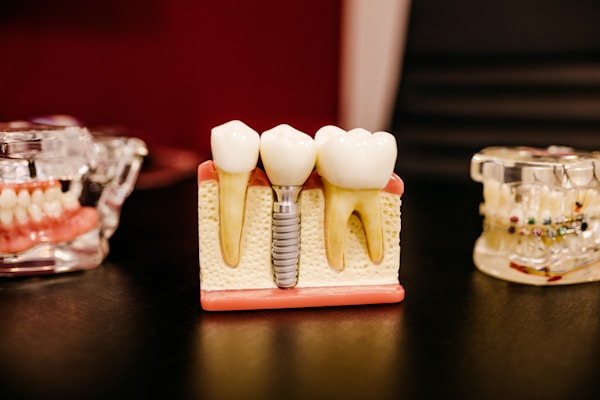If you’re considering a career in the healthcare field, becoming a dental assistant is a fulfilling and rewarding option. Dental assistants play a significant role in dental practices by assisting dentists and performing essential patient care tasks. This career path offers numerous benefits, including job stability, competitive salaries, and opportunities for professional growth. In this article, we will guide you through the steps to becoming a dental assistant and provide helpful insights into necessary education, certifications, and experience.
Educational Requirements and Training

A dental assistant’s educational requirements vary depending on the state and individual employer. In some cases, a high school diploma or GED is sufficient, and on-the-job training is provided. However, many dental practices favor candidates who have completed a formal assistant program. These programs, which can be found at community colleges and vocational schools, typically take between nine months and two years to complete. During your education, you will learn about dental terminology, chairside assisting techniques, and laboratory procedures essential for becoming a proficient dental assistant.
Enrolling in a comprehensive dental assistant program can increase your employability and give you access to additional career opportunities. Most dental assistant programs require students to complete clinical externships, during which they gain hands-on experience in a dental office setting. This real-world training will help prepare you for the daily tasks you’ll encounter on the job and make you a more attractive candidate to potential employers.
While state regulations differ, some states require assistants to be registered, certified, or licensed, which may necessitate further education or training. For example, they may need to complete an accredited program, pass a state exam, or hold specific certifications in CPR and radiation health and safety. It is essential to consult your state’s dental board for specific regulations and requirements.
Obtaining Certification and Specialization
While not always required, obtaining national certification can enhance your professional credentials and increase your marketability in the job market. The most recognized certification for assistants is the Certified Dental Assistant (CDA) designation, offered through the Dental Assisting National Board (DANB).
Specializing in a particular area of assisting can also provide additional career opportunities and potentially higher salaries. For example, you can choose to specialize in orthodontics, pediatric dentistry, or oral surgery by acquiring additional education and training in those specific fields. Continuing your education and obtaining advanced certifications will help set you apart from your peers and demonstrate your expertise to both employers and patients.
Finding scholarships for high school juniors interested in pursuing a career in dental assisting can help to offset the cost of obtaining the necessary education and certification. Many organizations offer scholarships aimed specifically at students seeking careers in the dental field. It is recommended to research available scholarship opportunities regularly and submit applications to increase your chances of acquiring financial assistance.
Developing Key Skills and Gaining Experience
Being a successful dental assistant requires more than just technical knowledge; specific skills and personality traits contribute significantly to your effectiveness in the role. Excellent communication skills are vital when interacting with patients, explaining procedures, and providing oral hygiene instructions. Dental assistants must also be detail-oriented and precise when handling dental tools and assisting during procedures. Additionally, having strong interpersonal and patience skills will help you build rapport with patients and make their dental experience less stressful.
Gaining experience through internships, volunteer work, or part-time employment at dental offices can help you develop these key skills and increase your confidence in a clinical setting. These experiences will allow you to observe and learn from established dental professionals, and you’ll be able to apply your skills in real-world situations. Moreover, potential employers may prioritize candidates with prior experience, as they can readily integrate into the dental practice and perform tasks with minimal supervision.
Benefits of Being a Dental Assistant

Becoming a dental assistant offers numerous advantages and can be a rewarding career for those who enjoy helping others and working in a healthcare setting. Many people appreciate the job stability, competitive salaries, and opportunities for professional growth offered in this field. Dental assistants also have the opportunity to make a genuine difference in patients’ lives by helping them maintain good oral health, which contributes to overall well-being.
Another benefit of this profession is the diverse range of work environments available. Dental assistants can find employment in private practices, hospitals, dental schools, and public health clinics. The demand for dental services continues to grow as the population ages, and with it comes a growing need for skilled dental assistants.
In conclusion, becoming a dental assistant requires a combination of education, certification, professional skills, and work experience. These steps will equip you with the knowledge and tools necessary for success in this highly rewarding and in-demand career.